Six reasons why mechanical groupsets are better than electronic
If it ain't broke, don't fix it
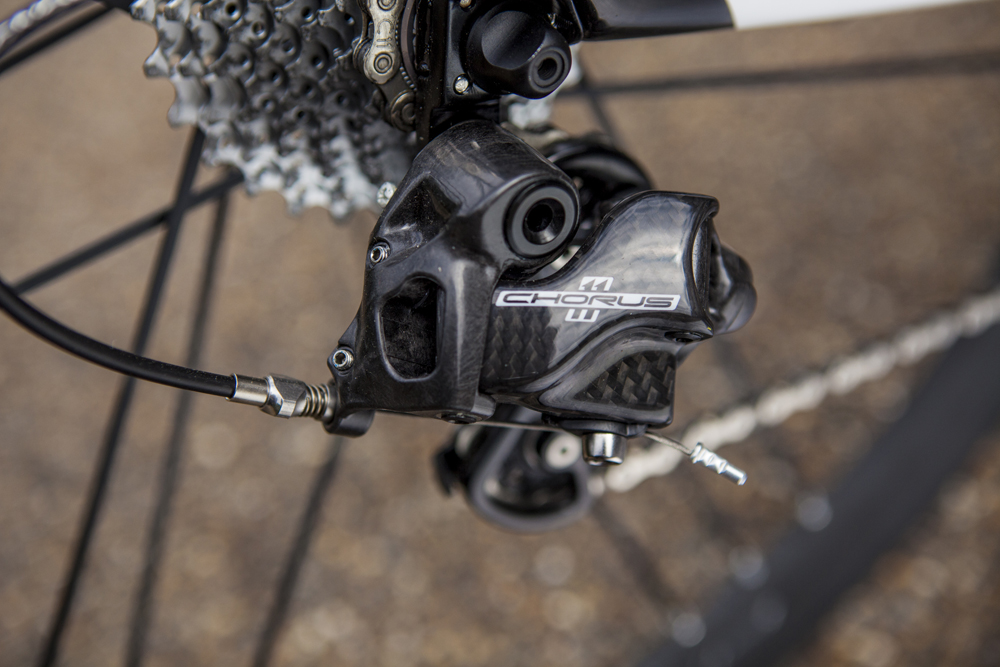
Sure, there are some reasons to buy an electronic groupset instead of a mechanical groupset, but we've done alright without batteries, wires, and junction boxes for so long that why do we really need to change?
So if you're considering buying a new bike and can't decide between electronic or mechanical shifting, here are six reasons why you should stick with what you know.
1. There are no batteries to recharge
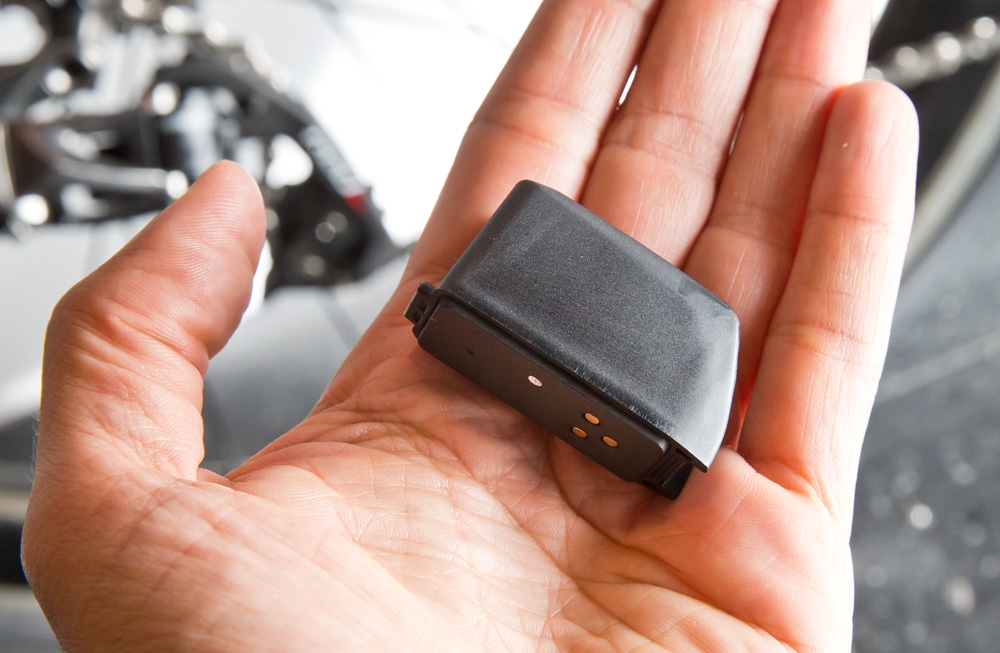
A couple of months ago I got an old bike out of the back of the garage that was equipped with 20-year-old Campagnolo Veloce, and you know what, with a bit of lube it worked perfectly. If this had been an electronic groupset then the batteries would probably have been flat after only a few months in storage.
>>> Are electronic groupsets necessary?
If you're forgetful/disorganised then this can also be a problem. Yes the charge should last 1,000-2,000km depending on the system and there are little lights to tell you how much charge is left, but frankly you just want to be able to jump on your bike and know that everything's going to work. And you can bet your bottom dollar that the battery is going to go flat in the middle of a race too.
2. You can fix it yourself
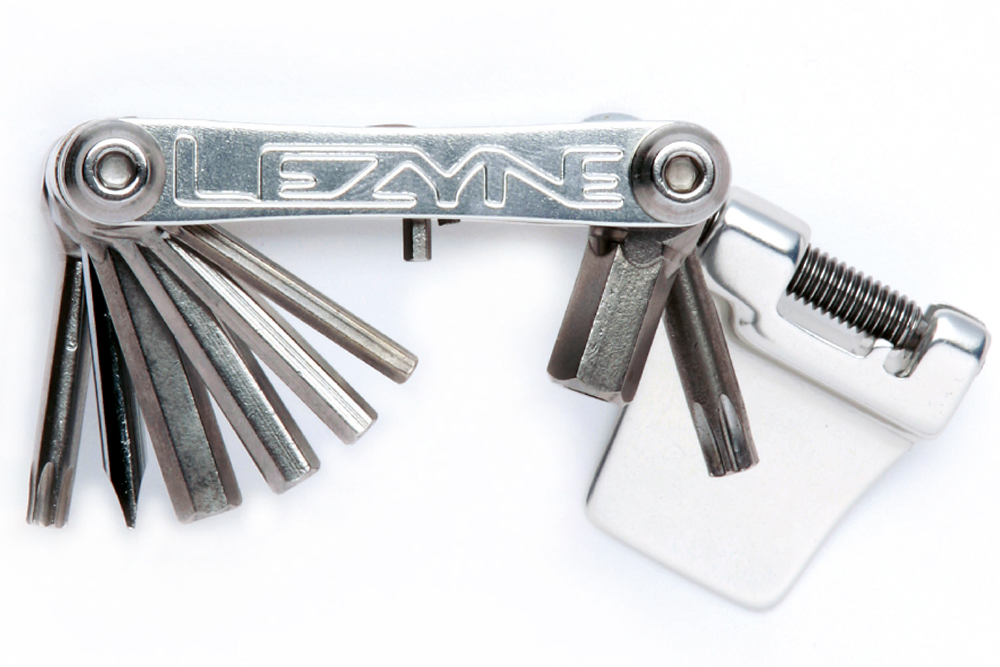
What's your knowledge like of e-tubes and wireless protocols? In need of a brush up? Then what are you going to do when you're stuck in the middle of nowhere when something happens and you end up stuck in the 53x11?
>>> Seven essentials you need to take on every ride
The latest race content, interviews, features, reviews and expert buying guides, direct to your inbox!
Well, if you're using a mechanical groupset then whatever has gone wrong will be able to be fixed with the sort of tools you'll find on any decent multi-tool. With electronic groupsets, this might not be the case.
3. No wires to come unplugged
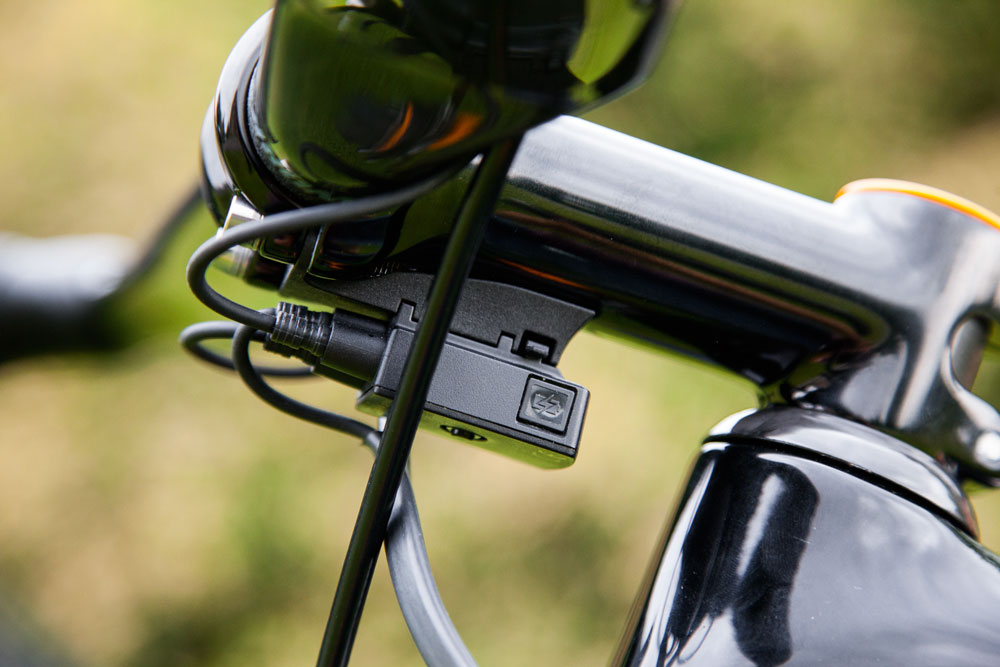
If it's ultimate reliability that you're after, then mechanical cannot be faulted. Peter Sagan was ruled out of contention in the 2015 edition of Paris-Roubaix when one of his Di2 cables became unplugged, and a similar tale of woe befell one of Cycling Weekly's tech writers (who wishes to remain anonymous) who travelled all the way to the super-fast V718 10 mile time trial course in Hull in search of a PB, only to find himself stuck in a massive gear thanks to a loose connection.
With mechanical gearing there's no chance of this happening. The shifting might not be quite as good as it could be if you manage to mess up the cable routing, but then that's your own fault, isn't it.
Watch: Buyer's guide to road bike groupsets
4. It looks better
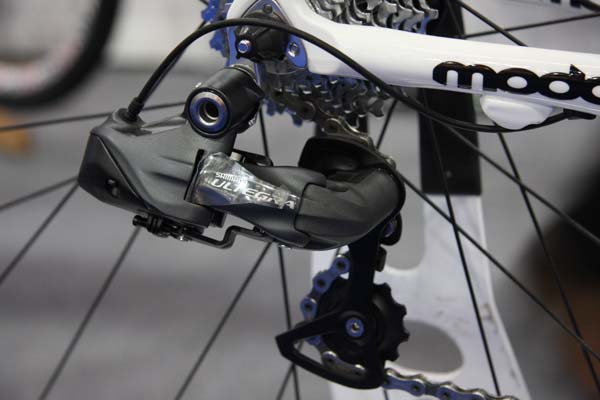
The monstrosity that was the first generation Shimano Ultegra Di2 might be a thing of the past, but you still can't say that electronic groupsets look as smart as their mechanical counterparts. as you've usually got to have an ugly box hanging underneath your stem and have limp wires hanging down everywhere.
>>> Top five worst cycling inventions
Compare that to mechanical with the elegant loop of the cable between emerging from the chainstay and joining up with the rear derailleur, and the much more minimalist appearance of both the front and rear derailleurs, and it's no contest.
5. You've got more choice
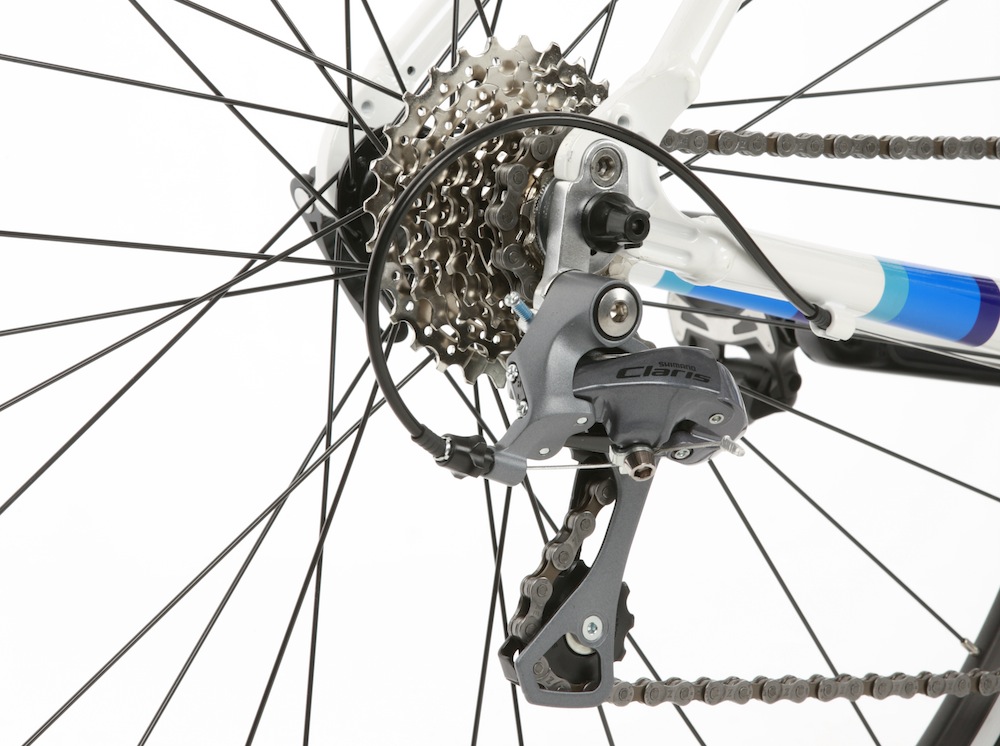
Want electronic shifting? Well you've got six groupsets from three manufacturers to choose from? Decide to go mechanical? That number more than triples, and that's even before you start getting into hybrid groupsets or move away from the big three.
>>> Buyer's guide to road bike groupsets (video)
There are also choices to suit every budget. You can get road bikes with mechanical groupsets from just £200, but good luck picking up a bike with electronic shifting for less than two grand.
6. It's much cheaper
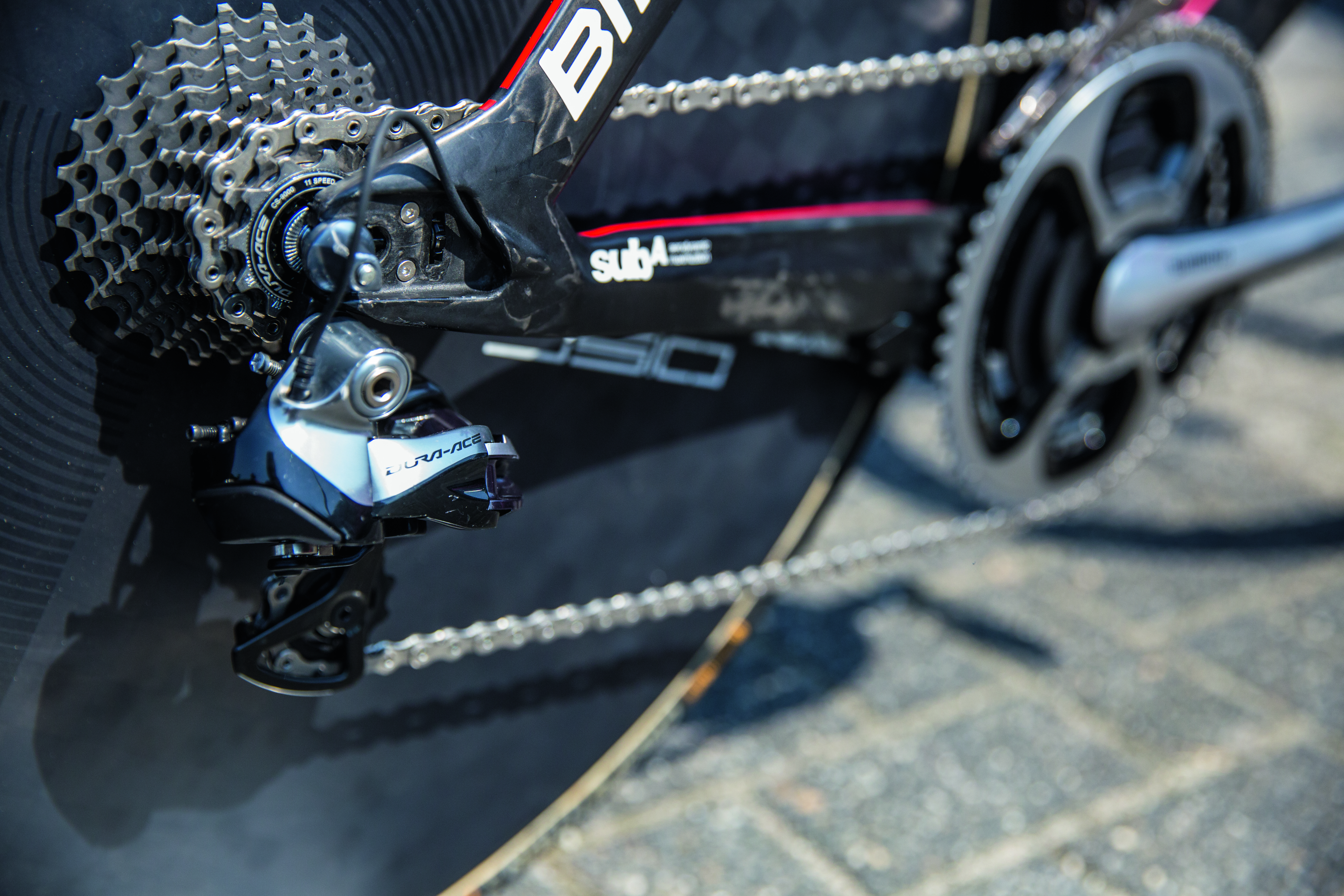
But even if you compare the costs of supposedly similar mechanical and electronic groupsets, then mechanical cannot be trumped. If you're looking at RRPs, then Ultegra is about £550 cheaper than Ultegra Di2, and Dura-Ace is almost £1,000 less than Dura-Ace Di2. One thousand pounds!
>>> The best road bike upgrades
Yes the shifting of Dura-Ace Di2 might be that little bit better than plain old Dura-Ace, but £1,000 better? No way.
Henry Robertshaw began his time at Cycling Weekly working with the tech team, writing reviews, buying guides and appearing in videos advising on how to dress for the seasons. He later moved over to the news team, where his work focused on the professional peloton as well as legislation and provision for cycling. He's since moved his career in a new direction, with a role at the Department for Environment, Food and Rural Affairs.